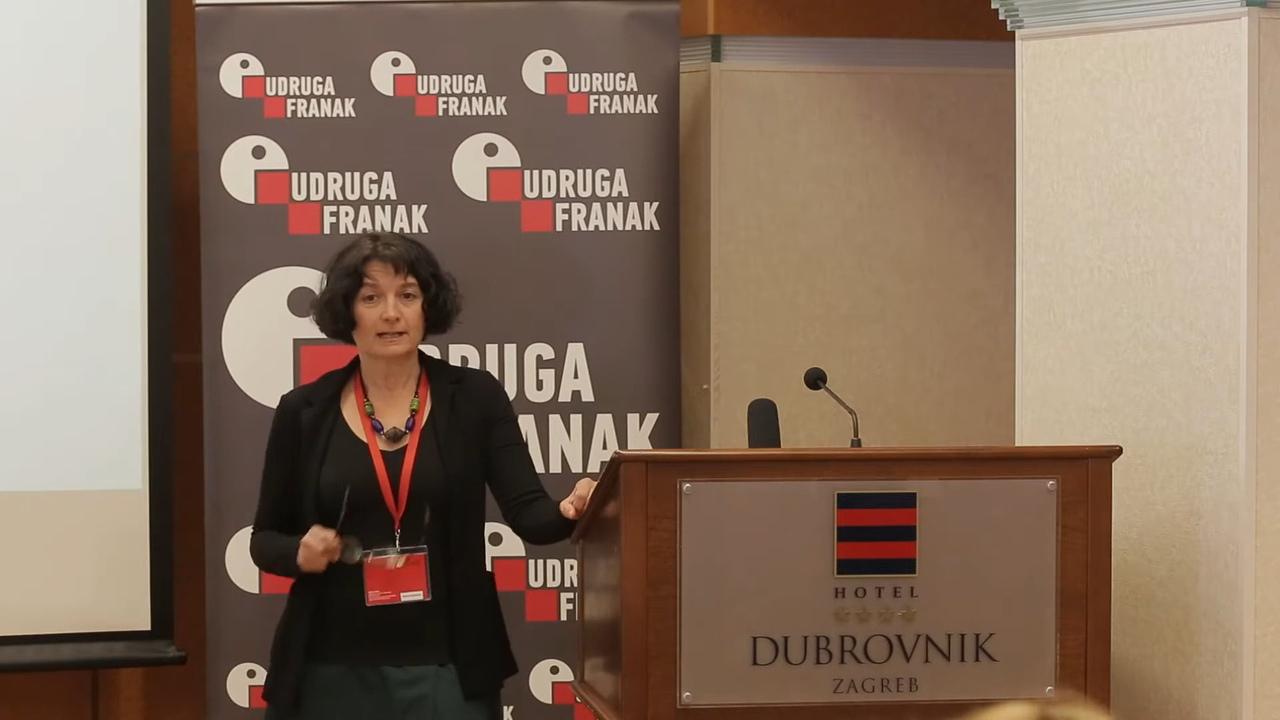Top EU legal advisor: Hungary’s anti-LGBT law violates fundamental EU values

Tamara Capeta, the Advocate General of the Court of Justice of the European Union (CJEU), published her opinion on Hungary’s child protection law on Thursday, and said that “by prohibiting or restricting access to LGBTI content, Hungary infringed EU law.”
In her opinion, Capeta proposed that the court also rule that Hungary had committed a self-standing infringement of Article 2 of the Treaty of the European Union.
While the Hungarian legislation, which parliament adopted in 2021, aimed to strengthen child protection and bolster a stricter stance against child abuse, parliament amended several laws in the process. Several of these had been adopted with the aim of protecting minors, and “actually prohibit or restrict access to content that portrays or promotes ‘gender identities that do not correspond to the sex assigned at birth, sex reassignment or homosexuality’ (‘LGBTI content’),” Capeta said.
The EC turned to the CJEU, saying that Hungary had “infringed EU law on three different levels: primary and secondary law relating to the internal market in services, as well as the General Data Protection Regulation … several rights of the EU Charter of Fundamental Rights … and Article 2 TEU.”
In her statement, Capeta proposed that the court rule that the EC action “is well-founded in relation to all grounds”.
The amendments “infringe the freedom to provide and receive services as enshrined in primary EU law and in one or several provisions of the Directive on electronic commerce, the Services Directive, the Audiovisual Media Services Directive, as well as the GDPR,” the statement said. Further, they also “interfere with a number of fundamental rights protected by the Charter, namely the prohibition of discrimination on grounds of sex and sexual orientation, the respect for private and family life, the freedom of expression and information, as well as the right to human dignity.”
“These interferences cannot be justified by the reasons put forward by Hungary, namely the protection of the healthy development of minors and the right of parents to raise their children according to their personal convictions,” Capeta said. “In the name of the protection of minors, the Hungarian legislation at issue prohibits portrayal of the ordinary lives of LGBTI people, and is not limited to shielding minors from pornographic content, which was prohibited by the law in Hungary already prior to the amendments.”
The Advocate General said that, as a result, she had come to the conclusion that “those amendments are based on a value judgment that homosexual and non-cisgender life is not of equal value or status as heterosexual and cisgender life.”
Capeta said the EU’s legal order was a result of dialogue, which allowed diverging views on how those shared values should be “concretised”. “Such disagreements do not, however, negate the values themselves.”
“The Advocate General is of the view that LGBTI persons deserving equal respect in Member States is not open to contestation through dialogue. Disrespect and marginalisation of a group in a society are the ‘red lines’ imposed by the values of equality, human dignity and respect for human rights… [Hungary] has negated several of those fundamental values and, thus, has significantly deviated from the model of a constitutional democracy, reflected in Article 2 TEU,” she said.
The Advocate General’s opinion is not binding, the CJEU will hand down a final decision on the matter later.
Read more news about the EU HERE.
Read also:







